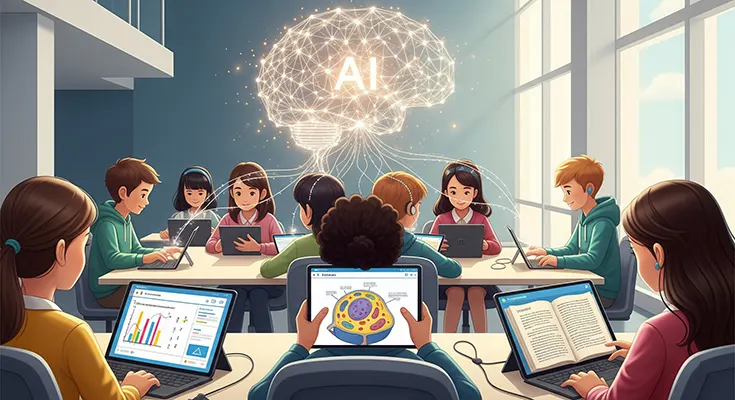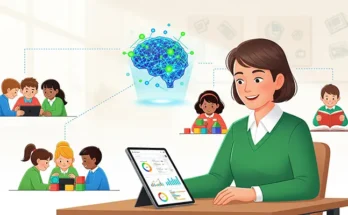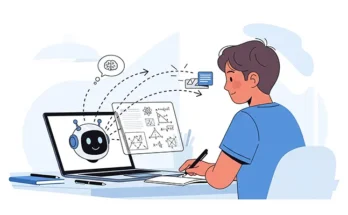The integration of artificial intelligence (AI) into educational technology is revolutionizing the way K-12 students learn. AI-powered personalized learning platforms are designed to tailor educational experiences to meet the unique needs, strengths, and pace of each student. These platforms leverage sophisticated algorithms and data analytics to create adaptive learning paths, making education more effective, engaging, and accessible.
What Are AI-Powered Personalized Learning Platforms?
AI-powered personalized learning platforms utilize machine learning, natural language processing, and data-driven insights to customize lessons, activities, and assessments. Unlike traditional one-size-fits-all education models, these platforms continuously analyze student performance and preferences to dynamically adjust content. This approach supports differentiated instruction, catering to diverse learning styles and skill levels.
Benefits for K-12 Students
1. Customized Learning Paths
AI platforms assess each student’s mastery of concepts and provide targeted resources that address individual gaps and challenges. This ensures students receive the right support and appropriate levels of difficulty, fostering better understanding and retention.
2. Real-Time Feedback and Assessment
Students receive immediate feedback on their work, enabling timely correction and reinforcement. Teachers also access detailed analytics to identify trends and intervene when necessary.
3. Increased Engagement
Interactive elements such as gamification, multimedia content, and adaptive challenges keep students motivated and engaged throughout their learning journey.
4. Support for Diverse Learners
AI personalization benefits students with varying abilities, including those with learning disabilities, by providing accessible and tailored content.
Popular AI-Powered Platforms for K-12 Education
Several platforms are leading the charge in AI-driven personalized learning:
- DreamBox Learning: Focuses on adaptive math instruction for elementary students, adjusting lessons based on real-time problem-solving behavior.
- Knewton: Offers adaptive learning technology across multiple subjects, aligning content with students’ evolving proficiency.
- Smart Sparrow: Provides customizable learning experiences and analytics for educators to personalize instruction.
- Carnegie Learning: Uses AI to deliver personalized math tutoring and curriculum resources.
Challenges and Considerations
While AI-powered personalized learning offers significant benefits, it also raises important considerations, such as ensuring data privacy, maintaining equitable access, and integrating technology effectively within classroom settings. Teachers play a crucial role in blending AI tools with traditional methods to optimize learning outcomes.
The Future of Personalized Learning in K-12 Education
As AI technology continues to evolve, personalized learning platforms are expected to become even more sophisticated and integral to K-12 education. These innovations promise to empower students to take ownership of their learning, improve academic achievement, and prepare for a tech-driven future.
AI-powered personalized learning platforms represent a transformative approach for K-12 education by adapting teaching to meet the distinct needs of each student. By harnessing the power of AI, educators and learners can create more effective, engaging, and inclusive educational experiences.





